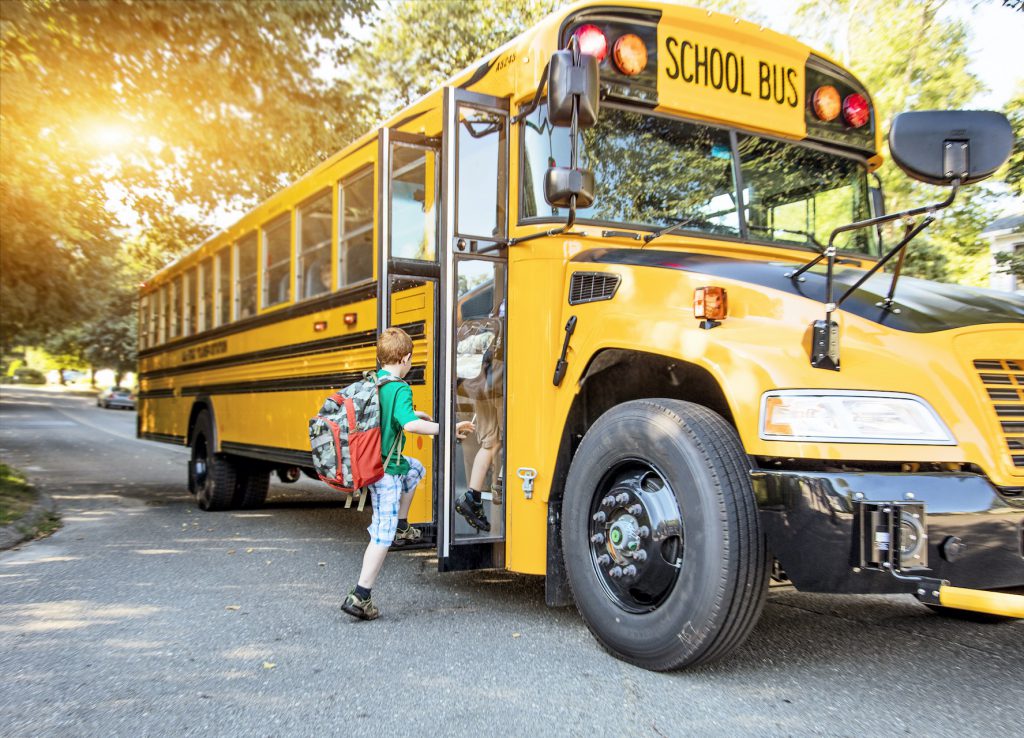-
Villa No. 1522, Road 2733 Block 327, Adliya, Bahrain
We have outsourced our transport to a private company who takes the children from the kindergarten to Manama areas. Your child will only be allowed to join the bus service once they have settled into school. If your child will be travelling by bus, please help us with the following:

This year the children’s behaviour has been exceptionally good however if a child’s behaviour is causing continuous disruption for the bus assistant and the behaviour is unacceptable, we will speak to the parents.

In Kidzworld Kindergarten, extra-curricular activities are often designed to complement and enrich the core curriculum, focusing on holistic development through varied experiences. While the emphasis remains on play-based learning, these activities introduce children to new skills, interests, and experiences in a fun and engaging manner. French and Arabic classes, creative arts, physical activities, language and literacy, drama and role play, science activities, and cooking activities give opportunities for children to explore, create, and learn in diverse ways, fostering their curiosity, social skills, creativity, and overall development in an enjoyable and engaging manner.
Messages for the school from parents should be through email (info@kidzworldkindergarten.com) or Class Dojo, in writing or by telephone or school Whatsapp (+97317715050).
Word-of-mouth messages through children or friends should not be used. When children are absent, parents should let the office know by email (info@kidzworldkindergarten.com) or Class Dojo, in writing or by telephone or school Whatsapp (+97317715050).
At Kidzworld we use an app called “Class Dojo”. This is an important form of communication between the parents and the teacher. This tool can be used to send messages to and from the teacher. Your child’s teacher accesses it daily.
We believe that each child is a unique individual who needs a secure, caring, and stimulating atmosphere in which to grow and mature emotionally, intellectually, physically, and socially, and develop their self-esteem and core values. It is our desire as educators to help students meet their fullest potential in these areas by providing an environment that is safe, supports risk-taking, and invites the sharing of ideas. There are three elements that we believe are conducive to establishing such an environment:
When the educator’s role is to guide, providing access to information rather than acting as the primary source of information, the students’ search for knowledge is met as they learn to find answers to their questions. For students to construct knowledge, they need the opportunity to discover for themselves and practice skills in authentic situations. Providing students access to hands-on activities and allowing adequate time and space to use materials that reinforce the lesson being studied creates an opportunity for individual discovery and construction of knowledge to occur. Equally important to self-discovery is having the opportunity to study things that are meaningful and relevant to one’s life and interests. Developing a content around student interests fosters intrinsic motivation and stimulates the passion to learn. One way to take learning in a direction relevant to student interest is to invite student dialogue about the lessons and units of study.
Given the opportunity for input, students generate ideas and set goals that make for much richer activities than we could have created or imagined ourselves. When students have ownership in the content, they are motivated to work hard and master the skills necessary to reach their goals. Helping students to develop a deep love and respect for themselves, others, and their environment occurs through an open sharing of ideas and a judicious approach to discipline. When the voice of each student is heard, the environment evolves where students feel free to express themselves. Class meetings are one way to encourage such dialogue. We believe children have greater respect for their teachers, their peers, and the lessons presented when they feel safe and sure of what is expected of them. In setting fair and consistent rules initially and stating the importance of every activity, students are shown respect for their presence and time. In turn they learn to respect themselves, others, and their environment.
Parent-Teacher Associations (PTAs) play a vital role in fostering collaboration, communication, and support between parents, teachers, and schools. The importance of PTAs spans across several aspects that contribute to a child’s educational journey and school community:
Bridge between Home and School: PTAs facilitate effective communication, keeping parents informed about school events, policies, and educational initiatives.
Parental Involvement: Encourages parents to actively engage in their child’s education, fostering a sense of partnership between home and school.
Enhanced Learning Environment: PTAs organize activities, fundraisers, and events that contribute to enriching the school environment, providing resources for students’ educational needs.
Support for Extracurriculars: Assists in funding or organizing extracurricular activities, field trips, or special projects that supplement the academic curriculum.
Building a Sense of Community: PTAs organize social events and gatherings that bring parents, teachers, and students together, fostering a supportive and inclusive school community.
Networking and Support: Provides a platform for parents to connect, share experiences, and support each other in their parenting journey.
Voice for Parents: PTAs advocate for parents’ perspectives, concerns, and interests within the school community and education system.
Support for Teachers: Advocates for resources, professional development, and recognition for teachers, contributing to a positive teaching environment.
Resource Mobilization: PTAs often conduct fundraising activities that generate funds for educational resources, equipment, or infrastructure improvements.
Financial Support: Helps fill gaps in school budgets, providing additional resources that benefit students and teachers.
Parent Education Programs: Offers workshops or seminars for parents on various educational topics, fostering understanding of teaching methods, child development, and learning strategies.
Volunteer Opportunities: Allows parents to contribute their skills and time as volunteers in classrooms or school events, enhancing educational experiences.